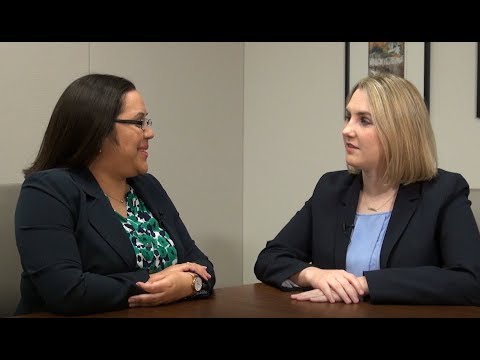What is the Donor Bill of Rights?

Jen: This is the PKF Texas Entrepreneur’s Playbook. I’m Jen Lemanski, and I’m back again with Annjeanette Yglesias, one of our tax managers and a member of the PKF Texas Not-for-Profit team. Annjeanette, welcome back to the Playbook.
Annjeanette: Hey, Jen. It’s nice to be here.
Jen: So, I’ve heard about this thing called a Donor Bill of Rights. Can you tell me what that is, and what people need to know about it?
Annjeanette: Sure. The Donor Bill of Rights was created by the Association of Fund Raising Professionals about 25 years ago. Basically, it’s a blueprint – a set of best practices that organizations can use to maintain their donor relationships.
Jen: So, what are some key things that are in the Donor Bill of Rights?
Annjeanette: The Donor Bill of Rights actually is made up of 10 tenants, so to speak, and they all center around transparency. For example, the Donor Bill of Rights states that donors have the right to know who the organization’s leadership is and have access to them to ask any questions that they would like and also receive prompt, transparent responses from those in leadership positions. Also, the Donor Bill of Rights states that donors have the right to know their resources are being used.
Jen: That’s key.
Annjeanette: Exactly – to fund the mission and also that donors have a right to see financial information. Some of that financial information is already made available to the public via Form 1099, the annual tax filing that a nonprofit organization would have out there anyway, but also with other financial information. So really the Donor Bill of Rights centers around transparency and around what the nonprofit organizations – what kind of information they should be giving their donors to give them confidence that their funds are being stewarded properly.
Jen: Well, it sounds like this is something that pretty much all not-for-profits should adhere to.
Annjeanette: Right. It’s definitely – the Bill of Rights is definitely something that every organization should consider. However, it should be noted that the Donor Bill of Rights is not an enforceable set of rules.
Jen: It’s not like a legal requirement.
Annjeanette: Exactly. There’s no regulatory agency out there making sure that all nonprofits adhere to it. But each organization should definitely consider what the tenants are and should implement it in its own way. Organizations have to consider their tradable mission, their resources and especially their donor base in considering what facets of the Bill of Rights they want to embrace.
Jen: That makes a lot of sense. Well, great. We’ll get you back to talk about some more not-for-profit topics soon.
Annjeanette: That sounds good.
Jen: To learn more about how PKF Texas can help your not-for-profit organization, visit PKFTexas.com/notforprofit. This has been another Thought Leader production brought to you by PKF Texas The Entrepreneur’s Playbook. Tune in next week for another chapter.

